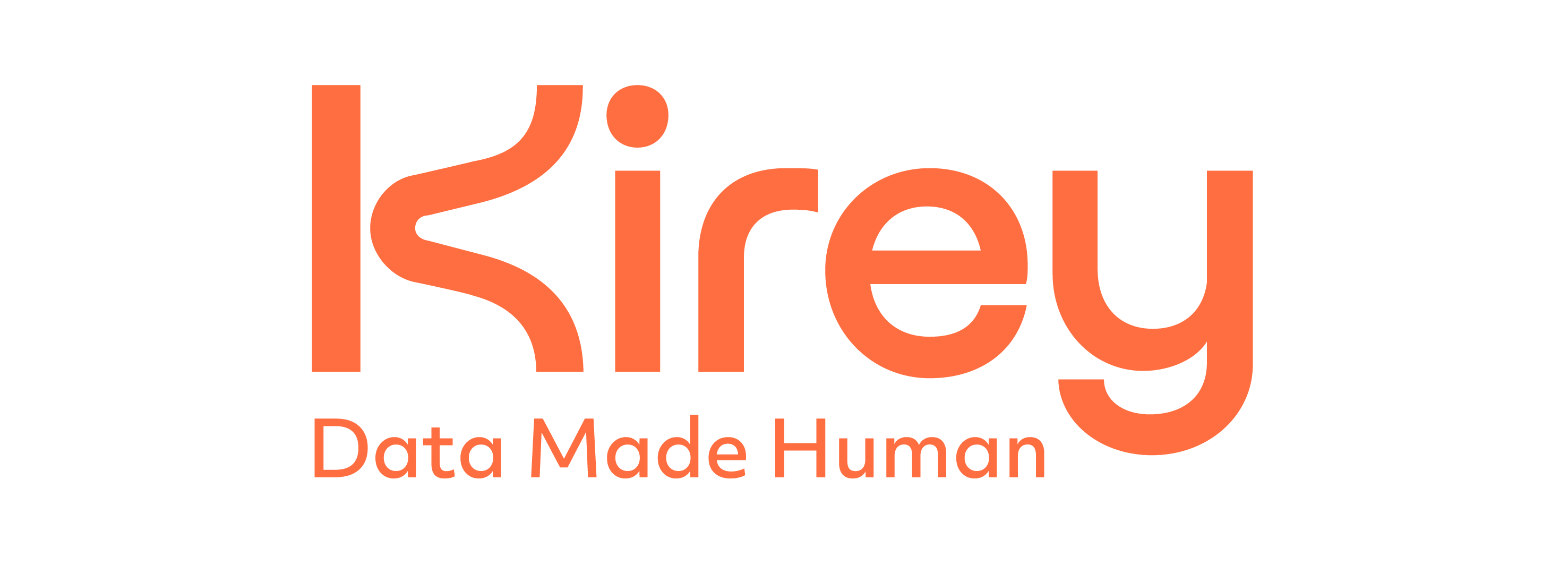The organization evolves toward a collaborative dialogue between IT and Business and makes data the protagonist
By Teresa Roma, Kirey Group Business Line Manager
In today's constantly changing macroeconomic scenario, banking institutions are increasingly committed to adopting models and technologies that enable them to remain competitive while continuing to create value for their customers. And, while until a few years ago fintech and challenger banks were dictating the pace of digital transformation in banking, today all the big players in the market are innovation-driven, with a twofold business objective: to nimbly develop products in line with customers' renewed needs and to offer them a personalized user experience of the highest level, based on parameters of simplification, security, and reliability.
Data, the core of digital transformation in banking
This path to digitization starts from the centrality of data, an indispensable asset for businesses and organizations: all market sectors, from telco to utility to retail, are now characterized by a data-driven approach. The Finance world is no exception: think of the huge amount of data that banks have to manage daily; consequently, the challenge is to process, interpret and translate them into valuable information, taking into account the different levels at which an organization is structured both in workflow and internal processes and in the areas dedicated to the development of the customer offering.
Machine learning technologies and data science skills play a central role in accelerating the innovation journey of the data-driven bank. The model to start from is Open Innovation: the technology partner plays the role of the advisor who constantly brings in expertise, both technological and process, and fits into the broader strategic and evolutionary design of the bank.
Open Innovation and Democratic Datalab: a new service model
The Open Innovation paradigm is embodied, first and foremost, in a democratic and collaborative working environment. The dialogue between IT and Business is fundamental: the potential for innovation that resides in this relationship is extremely high, as is the ability to bring an idea to the market intelligently, with time-to-market reduced to a minimum. Cooperation between the two areas implies that each has a clear understanding of its role and that both rely on frequent moments of confrontation to best direct technical and functional choices, throughout the entire industrialization process of innovative projects.
Thus, both IT and Business must share a common goal, as well as a clear service model that regulates roles and defines practices to be followed, to materialize the business idea in a productive environment. This service model is defined as Democratic Datalab: thanks to the use of sandboxes and predictive models, it is possible to regulate the Business's activity so that, by following previously established precise methodological rules, the disharmony that often still sees the two teams pitted against each other is not created, avoiding unnecessary and unproductive dynamics.
An Approach for Faster Launching and True Innovation in IT-Business Dynamics
Through this service model, each team knows its role, the scope of action, and the outcome it needs to achieve from activities; and processes are defined to translate the business idea into a solution ready for the productive, high-performance environment. In the traditional approach, when the sandbox prepared by IT returns to its hands after it has been shaped by the Business, the effort to readjust to its guidelines is high, reviewing the process and refactoring the code.
On the other hand, with a "democratic" approach governed by a service model, when IT takes over the prototype previously designed by the Business, the handover is not traumatic because the model is already written with compliance, and structurally ready to respond to the strategy of the Business. Moreover, recycling is canceled, deployment is anticipated, and, a revolutionary aspect from an organizational point of view, the collaboration between IT and Business takes place almost completely ongoing. From a relational perspective, the "democratic" dynamic established through the definition of this new collaborative behavior model defines what IT and Business can and cannot do. The result is incredibly faster time-to-market, greatly reduced production costs, and more effective internal communication. A continuous, purposeful, and inspiring dialogue is spread, breaking down traditional barriers between IT and Business teams and enabling true innovation.

